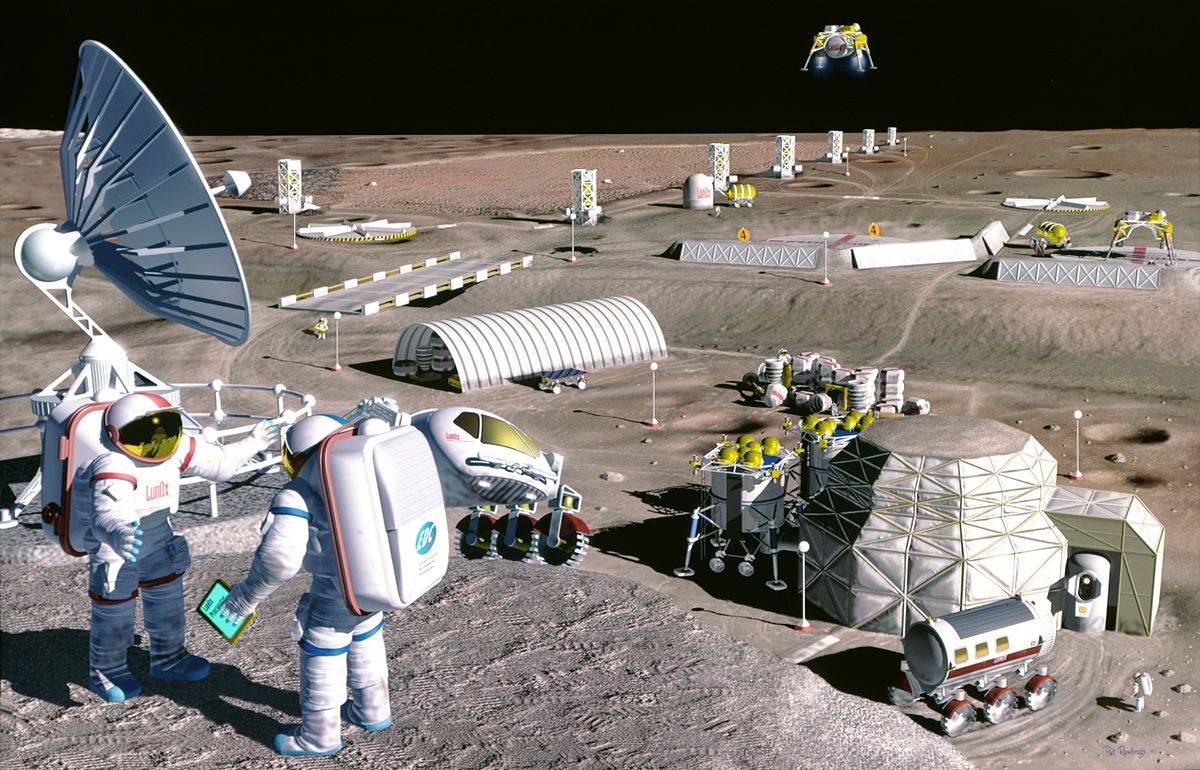Space exploration has always captured the imagination of humanity. From the early days of manned space missions to the present-day exploration of Mars and beyond, humans have been driven to explore the universe around us. But as we look to the future, the stakes of space exploration are becoming increasingly important. With the possibility of human colonization of other planets, space exploration has become critical to the future of our species.
The idea of human colonization of other planets is not new. Science fiction writers have been imagining life on other worlds for centuries, and space agencies like NASA have been working towards this goal for decades. But it is only in recent years that we have begun to make real progress towards this goal. With the development of new technologies and the exploration of our solar system, we are closer than ever to making human colonization of other planets a reality.
So, what role does space exploration play in this process? In short, space exploration is the key to unlocking the potential of human colonization of other planets. By exploring the universe around us, we can learn more about the planets and moons that may one day become our new homes. We can also develop the technologies and infrastructure necessary to support human life in these new environments.
One of the biggest challenges of human colonization of other planets is the need to create self-sustaining habitats. Unlike Earth, which provides us with everything we need to survive, other planets and moons will require us to create our own infrastructure and resources. This includes everything from air and water to food and energy. By exploring other planets and moons, we can learn more about the resources that are available and develop the technologies necessary to extract and use them.
Another key role of space exploration in human colonization is the development of new propulsion systems and spacecraft. Getting to other planets and moons is no small feat – it requires technology that is currently beyond our capabilities. But by investing in space exploration and developing new technologies, we can create the infrastructure necessary for human colonization. This includes everything from faster and more efficient spacecraft to new propulsion systems that can travel further and faster than ever before.
Perhaps most importantly, space exploration is critical to understanding the potential risks and challenges of human colonization. As we explore other planets and moons, we are learning more about the dangers and hazards of these environments. From extreme temperatures to radiation exposure, these environments pose unique risks to human life. By exploring these environments and understanding the risks, we can develop the technologies and strategies necessary to keep humans safe in these new habitats.
In conclusion, space exploration plays a critical role in the human colonization of other planets. By exploring the universe around us, we can learn more about the planets and moons that may one day become our new homes. We can also develop the technologies and infrastructure necessary to support human life in these new environments. With continued investment in space exploration, we can ensure that the dream of human colonization becomes a reality.



